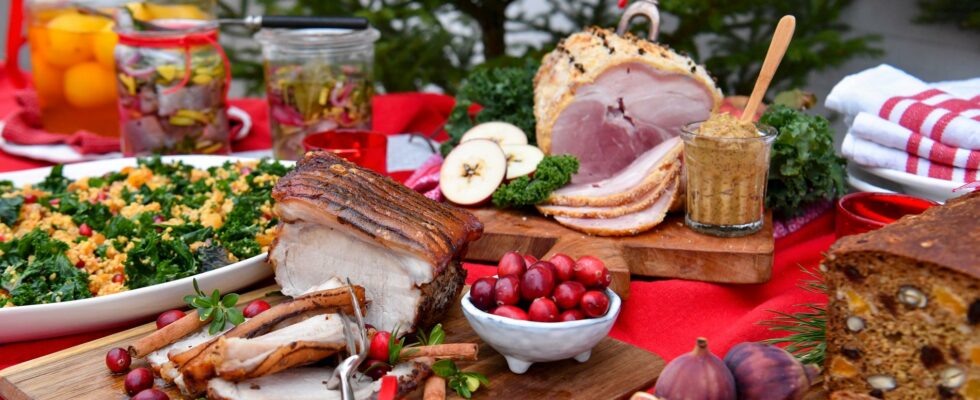unsaveSave
expand-left
full screen Swedes’ food waste increases during Christmas, but there are plenty of ways to avoid it. Archive image. Photo: Johan Nilsson/TT
Jansson’s temptation, meatballs and herring in large loads. During Christmas, Swedes’ food waste increases, shows a survey from the Swedish Food Agency.
– You can really reduce the amounts, says food waste expert Karin Fritz.
A common reason is that you buy and cook too much food, which is then allowed to sit for several days and risks being thrown away unnecessarily.
– People think that the food feels stale, that it has gone bad or that they are tired of eating the same food for several days, says Karin Fritz at the Swedish Food Agency.
The same problem occurs on a daily basis as well, but is amplified during Christmas. The most common foods to smoke unnecessarily are Christmas ham and herring, salmon and other fish.
– It is what is central to the Christmas table and it is difficult to plan how much is used, says Karin Fritz.
Planning important
However, there are a lot of tricks that can be used to avoid food waste.
– Firstly, you need to think through whether you really need all the dishes you usually have on the Christmas table. The more dishes you have, the less you eat of each.
The risk is then greater because there will be food left over, and it is therefore often possible to reduce the amount of food you buy.
– It’s also about how you serve the food, put out a little bit at a time so you can fill up and then take care of the food in time.
Food normally lasts up to a week in a refrigerator at a temperature of four degrees, so all food must not be eaten immediately in the next few days. If you freeze the food, it also lasts significantly longer.
Use all senses
It is then necessary to use all senses to determine whether the food is edible or not before throwing it away.
– Look, smell and taste. If it tastes as usual, you can eat the food.
– Then you get to use your imagination to make new dishes, then you can make a pasta gratin from the Christmas ham, for example.
FACT Most common reasons for food to be thrown away
Cooked too much
Bought too much
The food feels stale
Turned bad/inedible
Tired of the same food for several days
Too much on the plate
Source: Swedish Food Agency
Read more
